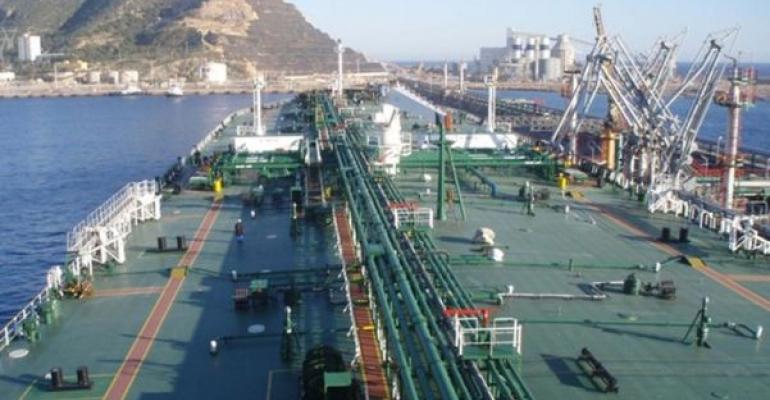With Trump administration slapping sanctions on Cosco (Dalian) charterers have been steering clear of around 40 – 45 VLCCs owned by Cosco, even if not all of them are under the sanctioned entity. In the week since the sanctions were announced VLCC rates have roughly doubled, and more is expected to come for owners.
“So far, VLCC rates on the benchmark route Arabian Gulf to China have increased to just shy of the $100,000 per day, but indications are that this level could be well exceeded in the coming days and weeks ahead,” brokers Poten noted in their weekly report.
Gibsons Shipbrokers commented in their weekly report: “Charterers fed enough fuel onto the market fire to assist and rates moved up through the gears to reach as high as WS100 to the East, with runs to the West marked in the high WS40s via Cape.
“There remains plenty enough to do for the balance of October for consolidation, or even further gains, before the dust settles...if it does.”
Poten noted that the opaque nature of shipownership was causing charterers to avoid all Cosco VLCC tonnage whether owned by the sanctioned entity or not.
“While only targeting a subset of the massive Cosco tanker fleet, the opaque ownership structure of the Cosco fleet makes it difficult to determine exactly who owns and/or operates what vessel. This uncertainty means that many charterers, to play it safe, are avoiding all Cosco tankers,” the shipbroker said.
This has combined with a time when VLCC tonnage is being taken out of the market for the installation of scrubbers ahead of IMO 2020 coming into force on 1 January 2020, which removes individual vessels from for roughly a month, contributing to the tightness of the tanker market.
Looking ahead the tightening US sanctions regime could see major charterers seeking to avoid vessels that might be deemed to have sanctions risk.
“With heightened geopolitical risks, sanctions uncertainty, IMO 2020 looming large and – last, but not least – a market psychology where vessel owners feel that they have gained the upper hand in their negotiations with charterers, we expect the market to remain strong throughout the winter and into 2020,” Poten said.
Copyright © 2024. All rights reserved. Seatrade, a trading name of Informa Markets (UK) Limited. Add Seatrade Maritime News to your Google News feed.


